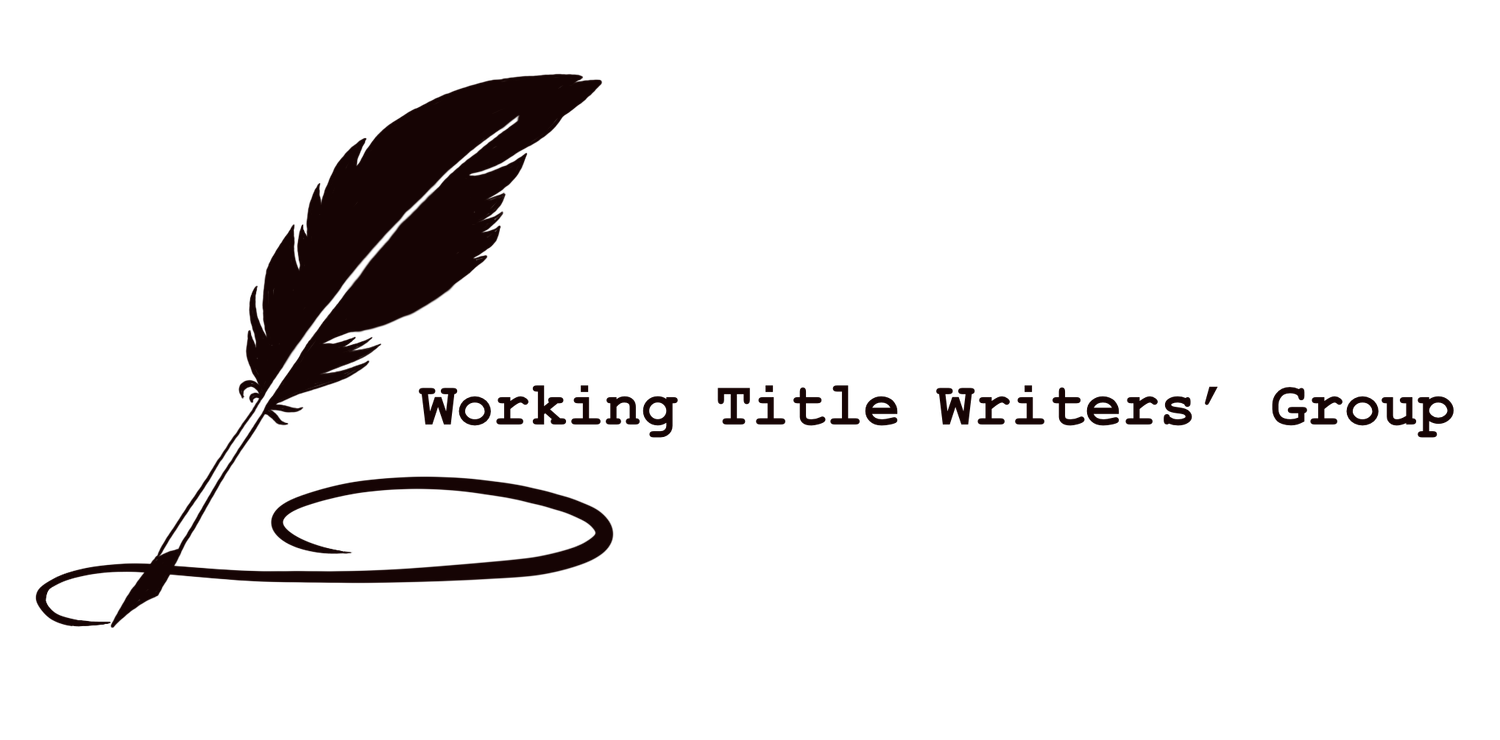From Journalism to Fiction - My Journey
I still remember the first piece of feedback I got when I started writing fiction as an adult.
“It’s… umm… concise,” said that (kind) early reader.
I had written fiction throughout my childhood and teens, happily pumping out fluff about whatever was in my head at the time, without care or constraint. Then, a love of writing pushed me towards a journalism career, where I was lucky enough to be mentored by a series of tough-but-fair editors. Their red pens made me a strong and capable writer, for which I will be forever grateful. However, it also made writing a commodity. Every word was precious, and I couldn’t waste them.
Returning to fiction after the birth of my first child was a gift to myself; a sign that I’d matured in my career and as a person. The trouble was that the transition was not as easy as I thought it would be. Many journalists and other fiction writers have a similar experience. So here’s some tips for taking on the fiction world.
Reverse the pyramid
Do we have to get this novel written in under 400 words and by 4pm? The answer is of course no, but a lifetime of training on brevity and deadlines is hard to unlearn. Now I’m not saying that words in fiction should be wasted either. I still believe every single word should be intentional and contribute to the overall narrative, character or plot development. It’s just that the aim isn’t to get your point across in the fewest words possible, but in the best words possible. That’s a crucial difference. Moreover, the reverse pyramid structure that’s ingrained in our heads from the first day of journalism school is not necessarily the best approach in fiction. In fact, giving all the crucial information at the start is entirely the wrong structure for most fiction, which requires a more gradual approach to tease the story out for the reader.
“The aim isn’t to get your point across in the fewest words possible, but in the best words possible.”
It’s okay to take your time developing a work of fiction; in fact, it’s essential.
Learn the conventions
This goes without saying, really. Writing a 500-word article is not the same as structuring a novel. There are plenty of courses you can go on, but also plenty of books and articles to read. It’s a work in progress for me still. A critique group is another great way to improve your writing. Not only do you improve by receiving feedback, but by giving and/or listening to feedback on other people’s work. Because most feedback comes back to basic conventions that can and should be applied to your writing too.
I’d also recommend keeping up your reading, especially if you’ve let it slip. I was an avid reader as a child (albeit forgetful as evidenced by my constant overdue fines at my local library). However, in my 20s, building a career, socialising, traveling and all these adult things somehow took over. The idea of reading still appealed, but it got squeezed out. Funnily, what made me get back into it was audiobooks that I could listen to on public transport. Provided I got a good narrator (instant return if not), this gave me a way to fit it into my day, which led to a realisation of how much it had been missing in my life.
Leverage what you do know
Remember too there are plenty of skills that you pick up as a journalist that are very transferrable to fiction – and that goes beyond just words on the page.
The first is research. For those of us who have woken in the middle of the night wondering if we’d double-checked that killer stat or quote before it went to print, making sure your historical fiction doesn’t have anachronisms is likely to be second nature.
The second is a keen eye for a good story. That same skill that journos develop from coming up with story angle after story angle for the daily editorial meeting is useful in working out what fiction audiences want to read.
Then, there’s dialogue. As explored in our earlier blog, great dialogue not about writing exactly as it’s said. After conducting hundreds of interviews, I found that I had developed a great ear for how people speak, and in particular an ability to focus on the most important points a person was saying. Alongside this is an understanding of people. One of the best parts of being a journalist is seeing a deep cross-section of human life. Journalists have to learn to read people, to dig deeper, to really understand the drivers of human behaviour. Save those insights and give them to your characters and plots.
And the final lesson? All those red pen wielding editors builds a thick skin. Because the best fiction writing requires feedback. Find a great critique group, tell them to go hard, and brace for impact. It will be painful at first, but more worthwhile than you can imagine.
